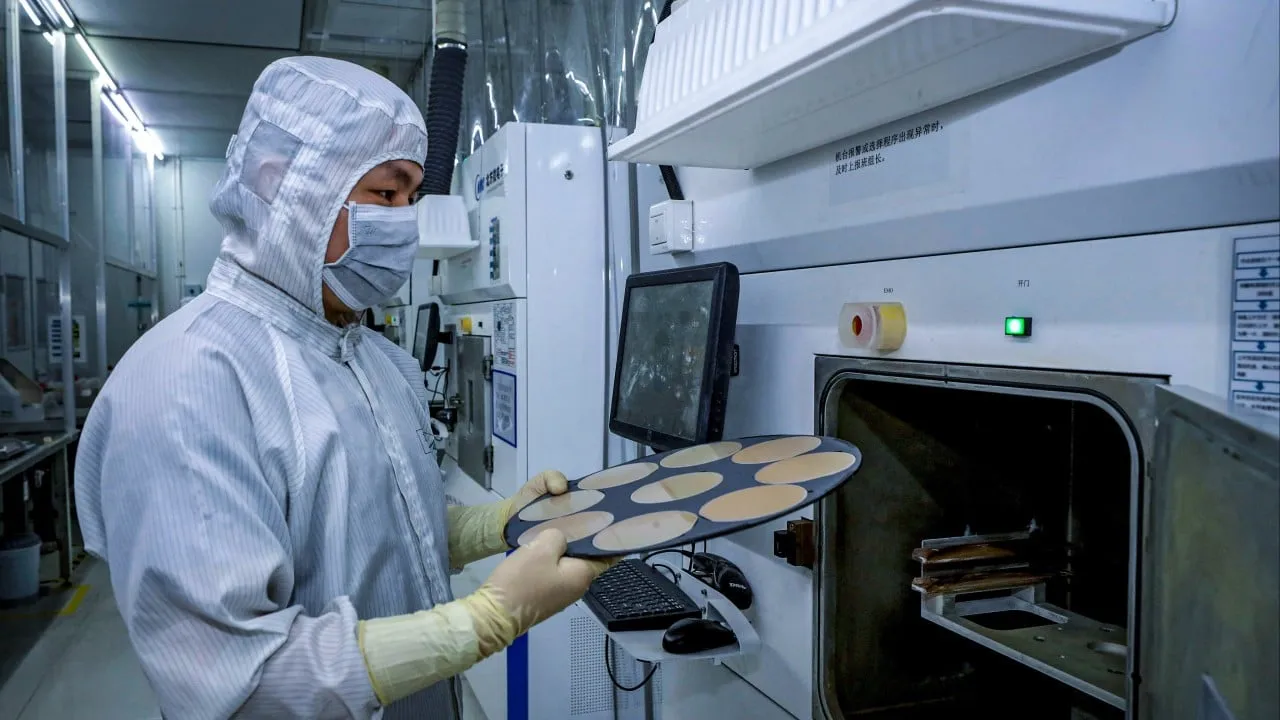China's Integrated Circuits Drive Unicorn Creation Amidst Funding Shifts

Renminbi Funds Surge in China's Integrated Circuits
China's integrated circuit (IC) industry has minted more unicorns than any other sector in the country in the past three years. This growth is especially notable despite the financing pressure faced by local start-ups, according to a new report.
Unicorn Landscape and Funding Dynamics
The report indicates that although fundraising has become challenging for start-ups across the board, the unicorns that have attracted investors received more backing on average than in previous years. Notably, most of the investments came from renminbi funds. Last year, US-dollar funds accounted for just 28% of all fundraising deals, compared to 35.5% in 2022.
- Unicorns in hard tech industries like ICs and new energy vehicles received significant investment.
- The Chinese government continues to push for self-reliance, reducing dependence on foreign technologies.
- 40% of all Chinese unicorns are now based in the Yangtze River Delta, a key semiconductor production area.
Challenges in the Current Climate
The changing landscape is set against the backdrop of increasing pressure from the US on tech sectors seen as critical to national security. Restrictions on US venture capital investments in Chinese companies continue to complicate access to funding. Despite the hurdles, the number of unicorns in China grew significantly from 131 to 375 between 2016 and 2023.
- Decrease in initial public offerings from unicorns, showing a decline of over a third.
- Government-backed investments play a crucial role in China's start-up ecosystem.
According to Jonathan Ortmans, founder and president of the Global Entrepreneurship Network, this illustrates a significant difference between the more mature US venture capital market and China's ecosystem.
This article was prepared using information from open sources in accordance with the principles of Ethical Policy. The editorial team is not responsible for absolute accuracy, as it relies on data from the sources referenced.